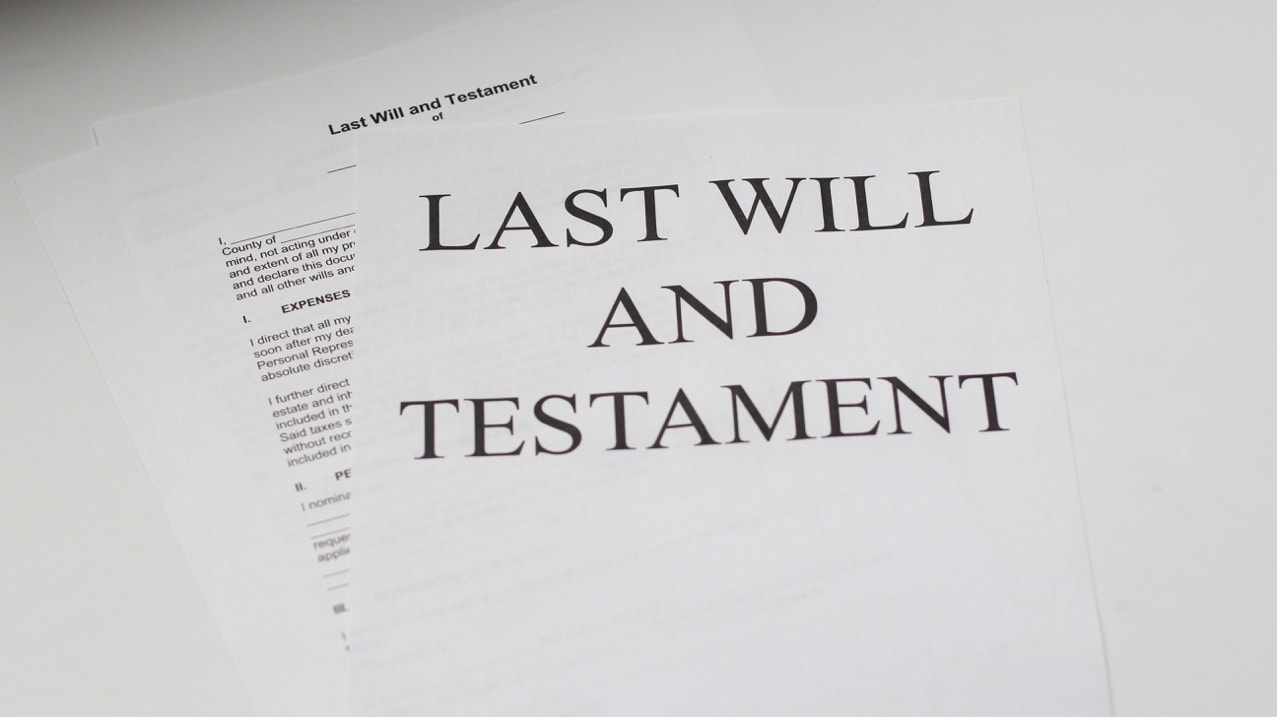The Advanced Health Directive Form is a written instruction that contains information about what you want in terms of health treatment in case you lose the capacity to make your own decisions.
Despite how important this document is, very few adults in Colorado have an official plan in place for end-of-life care. It is best to make arrangements for the Advanced Health Directive Form while you’re still able to do so. This should minimize the stress on your loved ones as they navigate this complicated stage of your life.
When Is the Best Time to Make an Advance Directive?
Experts agree that when it comes to filing advance directives in Colorado, the sooner the better. These decisions should be made after a series of serious discussions with your loved ones to decide what works best for you.
If you’re not sure how to go about making these decisions, you may take cues from movies like “Still Alice” and “The Notebook”. The protagonists in these movies are in a position of invulnerability where they are unable to make decisions on their own. Try to put yourself in their shoes and decide what you want, and then share these details with people around you at the earliest.
You should also update your advance directive form in Colorado if one of the following developments occurs in your life:
- When you get married or become a partner
- When you experience the loss of someone close to you
- When you become a parent or adopt a child
- When your contact information (phone number, home address, email address) changes
- When you decide to change your power of attorney or your existing one is deceased
When Are Advanced Health Directives Used?
Advanced health directives are implemented in a person’s life when they are no longer able to make health decisions for themselves, either because of a health emergency or because of an advanced chronic illness.
A copy of your advance health directive should be in your file and medical record. Always keep your original Advance Health Directive form in a safe place with your other important documents. Make sure you share copies of this document with the people you have designated as your healthcare agents. Note that the state of Colorado does not require notarization or witness for the medical durable power of attorney.
What Happens if I Don’t Have an Advance Directive in Colorado?
If you do not have an advance directive in Colorado and are unable to make decisions on your own, the medical provider will then notify ‘interested persons.’ These individuals are then asked to reach a consensus as to who should serve as their decision-maker. Ideally, this decision maker is someone who has a close relationship with you and is well-informed of your wishes when it comes to healthcare decisions.
In most cases, the interested person ends up being a parent, adult child, spouse, sibling, grandchild, or a very close friend.
However, since these individuals are usually unaware of what a patient wants, they have to make a decision on what they think they know about the person. A lack of advance directive forms can place these individuals under extreme stress for their loved ones.
The best time to file an advance health directive form in Colorado is today if you haven’t already. Once you have filed your advance health directive form, you should encourage your family members and loved ones to do the same. When you have these advance directive forms in Colorado in place, make sure to review them at regular intervals and update them to reflect your true aspirations.
What if I Change My Mind?
As mentioned earlier, you can always make updates to your Advance Health Directive form in Colorado. However, you must inform your doctor and agent of any changes you make. Note that if you designate a spouse as your agent, that designation will be revoked if you end up legally separating from your spouse through divorce or annulment.
Wrapping Up – What to Do Next?
You can find the advanced directives template for Colorado at this link. You will need to download a file viewer such as Adobe Acrobat Reader to view the file.
Make sure to carefully read the instructions before filling out the form. Once you have completed the form, save and print it or simply store it digitally. Of course, if you feel overwhelmed by the form, you can always contact our experienced Denver estate planning attorney, who specializes in Advance Health Directive Forms in Colorado.
At the Bourassa Law Group, our legal experts ensure that your journey into end-of-life care is as seamless as possible with the help of Advanced Health Directive Forms in Colorado. Simply give us a call, and our Denver probate lawyer will help you learn more about the Advanced Health Directive Forms in Colorado.





